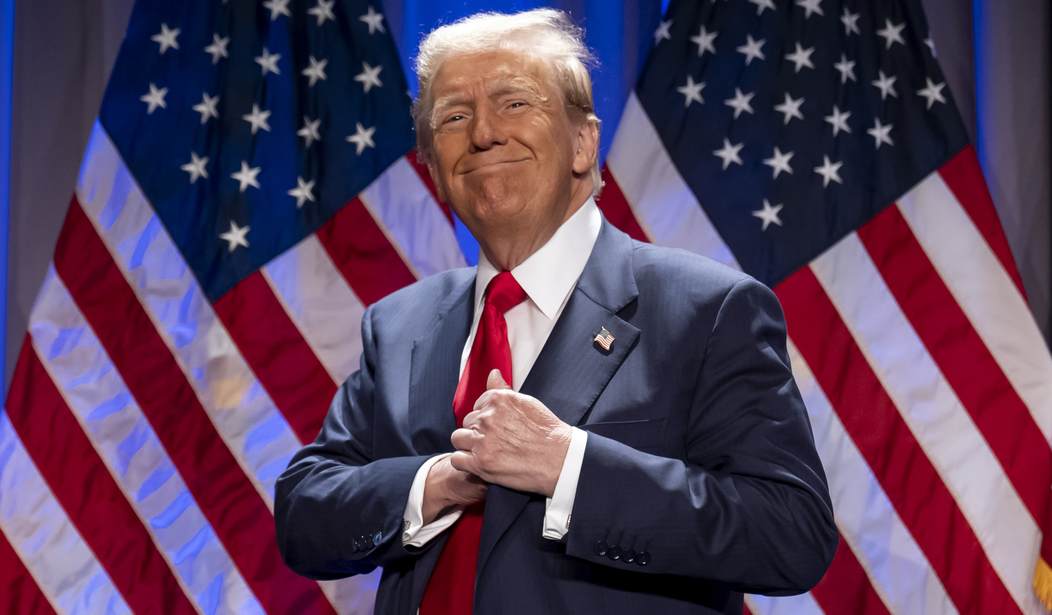“Promises made, promises kept.” These words, declared by President Donald J. Trump after his historic victory in November, encapsulates his pledge to the American people.
Last week, ahead of his inauguration, Congress submitted a bicameral resolution, led by Sen. Steve Daines (MT) and Rep. Ronny Jackson (TX), urging Trump to fulfill one of his key campaign promises: Rejoining the Geneva Consensus Declaration (GCD).
Launched under Trump’s leadership in 2020, the GCD is a first-of-its-kind global coalition of 39 nations committed to improving women’s health, strengthening families, agreeing there is no international right to abortion, and protecting the sovereign right of nations to govern free from ideological colonialism – in which external mandates are imposed under threat of negative consequences.
With a series of bold executive orders signed on his first day, taking presidential action to rejoin the GCD would send a clear message that the U.S. intends to restore its leadership in global health diplomacy by reprioritizing authentic healthcare for women and protecting national sovereignty.
As the first U.S. Special Representative for Global Women’s Health under the Trump 45 administration, I was permitted to lay the groundwork for the GCD after hearing from global leaders about coercive tactics used by international powerhouses.
These tactics often weaponize foreign aid to pressure nations into changing their laws, promoting fabricated claims that abortion is a human right.
Such pressures persist today. For example, leaders in Latin America and Africa have recently spoken out against the “suffocating ideological pressure” from the Biden administration, the World Health Organization (WHO) and United Nations Population Fund (UNFPA), which has moved part of their headquarters to Africa, presumably to be better situated to coordinate and apply such pressure.
Recommended
This coercion is both unethical – and deadly. Every 11 seconds a woman dies from preventable pregnancy-related complications, most in developing countries.
Still many organizations are more focused on promoting divisive political agendas than adequately addressing urgent needs like maternal care and basic nutrition.
Critics falsely label the GCD as “anti-woman” and “regressive,” baselessly claiming it undermines women’s rights by opposing abortion and rejecting its classification as “essential health care.” But abortion is neither a human right nor health care – no matter how fervently its advocates insist otherwise.
Anchored in international agreements like the Universal Declaration of Human Rights, the GCD affirms that abortion is not an international right, but a decision reserved for sovereign nations.
Today, the GCD stands as a testament to enduring progress, now representing 1.5 billion people worldwide. As President and CEO of the Institute for Women’s Health, we have spent the past four years championing its principles. Yet, despite persistent efforts by opponents to dismantle it, the GCD is not just surviving – it’s thriving.
In recent months, critics have grown increasingly vocal, publishing a surge of warnings on its influence and Trump’s pledge. Often falsely framing the GCD’s mission, their heightened rhetoric reveals fear about this coalition’s ability to disrupt the progressive global hegemony.
This fear underscores why U.S. advocacy is critical. While Brazil and now Hungary have excelled as the GCD’s Secretariat, American leadership is vital to amplify its principles and accelerate its impact.
As the world’s largest donor of global health assistance, the United States has both the influence and responsibility to ensure funding prioritizes saving lives and delivers authentic health care.
President Trump’s recent decision to withdraw the U.S. from the WHO aligns with his broader commitment to ensuring global health bodies prioritize authentic health solutions over divisive political agendas.
Congress must act decisively by strengthening laws that prevent U.S. taxpayer dollars from being used to promote or fund progressive agendas abroad and to ensure that U.S. foreign assistance is never again used as an ideological cudgel. At the same time, global health bodies must be held accountable for hindering real progress for women.
In his pivotal first days, President Trump has the opportunity to rejoin the GCD, solidifying his legacy as a champion for women’s health and national sovereignty. This action would restore U.S. leadership in global health diplomacy and accelerate momentum for authentic health care, paving the way for a brighter future for women worldwide.

























Join the conversation as a VIP Member